The 21 Common Property Investment Strategies In Australia
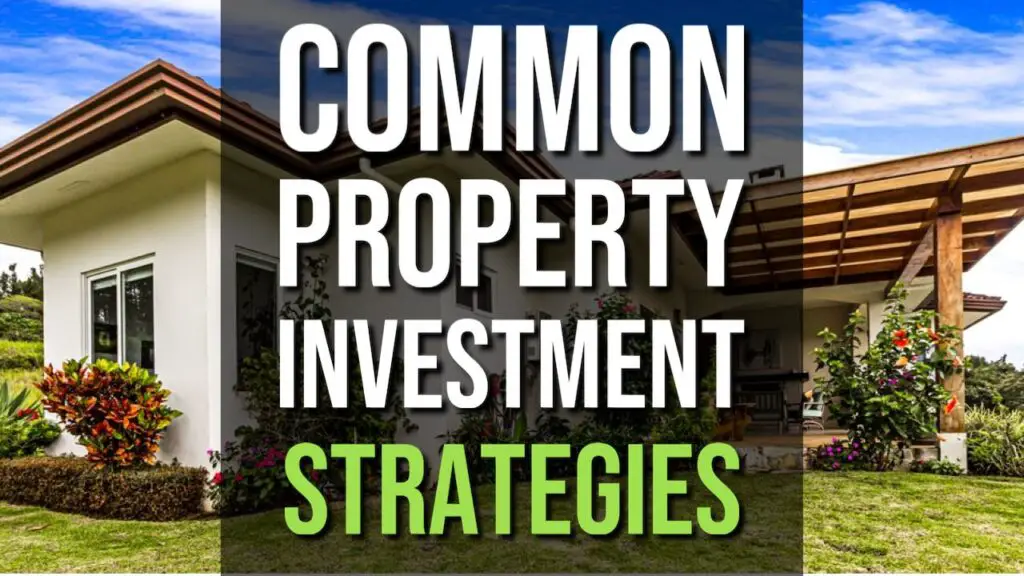
There are a lot of ways to invest in property and make money. Here are the 21 most common property investment strategies in Australia.
One investment strategy is not necessarily better than another. Depending on your circumstances you may favour one method over another based on risk factors, potential upside and a variety of other factors.
I wanted to cover 21 common strategies that investors use to purchase properties and to make money through property in Australia.
I’m not going to cover them in a high level of detail but I will go through enough detail so that you can understand what these strategies are like and if they may be suited for you and your investments.
1. Home Ownership

This is by far the most common investment strategy in Australia with over 70% of households owning their own home (one of the largest proportions in the world!)
This strategy simply involves purchasing your own home in order to live in it. Over time you might do renovations and improve your home’s value or the market may just go up in value over time and therefore your home will increase in value.
Generally you’re not generating any revenue from your home but rather as a matter of owning the home it goes up in value and you make money over time.
This is how a lot of people step up the property ladder. They don’t start with their dream home but they start at the lower end of the market and then they slowly move up as their property increases in value and they gain access to that equity.
2. Buy and Hold
This is also referred to as purchasing or investing for the long term. This is when you purchase a property and you hold it and rent it out.
You then hope that the property is going to go up in value over time as a result of the market going up. You also intend to eventually (though not always) make money through rental income, which we’ll cover more deeply in another strategy.
3. Positive Cash Flow
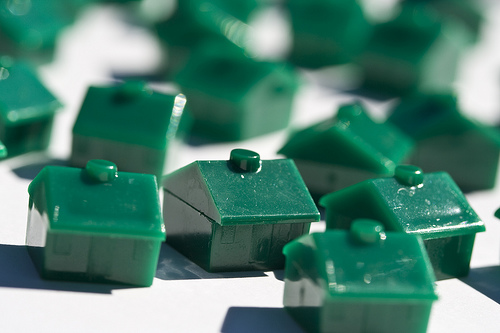
This is where you purchase a property primarily for its income generating purposes. The property may go up in value as well but that’s more a side effect to the main purpose of the property which is to generate you a passive income.
Click here to see the address of 10 positive cash flow properties in Australia.
Passive income property or positive cash flow property works because the rental income coming in from the property is greater than the expenses going out. This means that each month, each week or each year you have money left over that you can then use to pay down the mortgage, to reinvest or to use towards your lifestyle.
4. Negative Gearing – Capital Growth

This strategy involves purchasing a property where the income is not as large as the expenses but you hope to make out that difference in growth on the property.
Let’s say you have a property and it’s bringing rent in but the expenses are $2,000/year greater than the income that you’re bringing in. Well that means you have to pay $2,000 out of your pocket every single year in order to keep that property going.
Now if you’re investing using negative gearing your hoping that, that property is going up in value more than $2,000 in a year so that you are making a profit.
5. Renovate To Flip
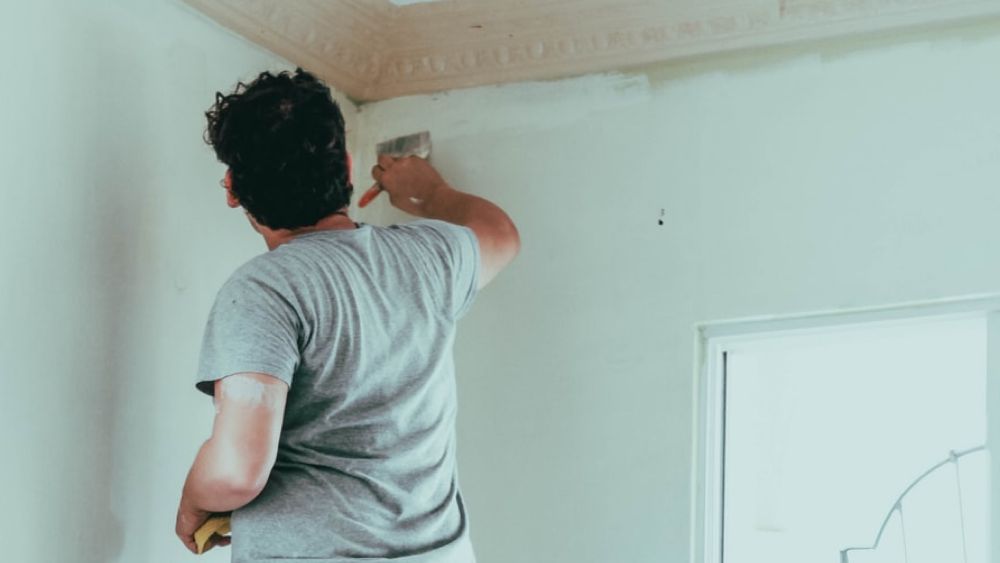
When people say they are going to renovate property this is generally what they mean. You purchase a property that is run down or in need of some work, you go in and you renovate the property quickly (maybe in 3, 6 or 9 months) and then you turn the property over. You sell it and you bank that profit.
When you watch shows like Property Ladder this is the strategy that those investors are using. They’re buying the property, renovating it and then selling it to access the profit as quickly as possible so that they can move on to the next property and do it all over again.
6. Renovate And Hold (To Rent)

Rather than purchasing a property renovating it and selling it, you’re actually purchasing a property and renovating it in order to increase rental income. Ideally turning it into a positive cash flow property and then renting that property out.
It’s highly likely that, if your investing using this strategy, the property you originally purchased wouldn’t be positive cash flow if you just started renting it out straight away or wouldn’t be that great of a return. But once you’ve renovate it and the rent goes up as a result of that you can now command more rent. You’re getting more income coming in and you’re getting a better return on investment.
7. Subdivision
This is where you take a parcel of land (it might have a property on it already or might not) and you go through the council requirements and you split that land in two (legally not literally) to create two individual parcels of land from one original plot.
You can then sell off the 2 plots individually or you could keep one and then sell off the other or it could just means that you keep both of them. Because you have two separate blocks you have generally increased the overall value of the land.
8. Dual Occupancy
Keep it as one block of land but you create two individual incomes out of it. This can be done in a multitude of ways.
It can be done through renting out a granny flat. It can be done through converting a single house into two units, so maybe someone lives upstairs and someone live downstairs or someone lives at the front and someone at the back. There are many other ways that you can create a dual occupancy.
This can be a great way to increase the rental yield of a property and can be a very profitable strategy. However, you do need to go through the council’s registrations to ensure that everything is above board otherwise you might have trouble getting insurance on the property.
9. Duplex Or Second Dwelling
This is building two properties on one block of land. You may strata title it, you may split it down the middle and subdivide it or you may simply have two houses on the one block of land.
This can be very similar to the dual occupancy, however in most circumstances when people say dual occupancy they mean converting existing house into two incomes streams whereas the duplex is designed from the ground up to be two separate properties.
10. Development, Town Houses, Unit Blocks
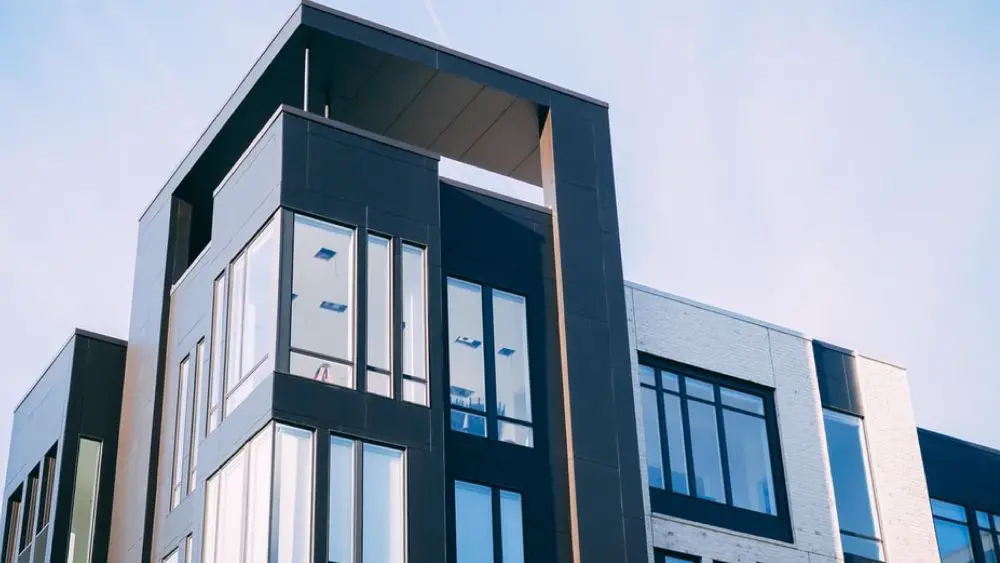
Town houses, villas, blocks of units or high-rises. This is full-scale renovations, full-scale development where a lot of building work needs to go into the project. Generally riskier ventures developments can be extremely profitable.
Take one block of land or a couple blocks of land and add a lot of properties on there. You can then turn them around and sell them you can keep some and rent them out. It’s up to you what you do with that and what your strategy is.
11. Property Syndicates
This is where you purchase into a property syndicate or you purchase into a property fund and they go out then invest for you and you get a portion of the revenue or the profit that is generated from these property shares.
This is a way to step back but still invest and can be good if you don’t have the full deposit to go purchase a property by yourself. Always research each syndicate in great detail before entering into an agreement.
12. Partnerships

I recently interviewed Ben from Pumped On Property and he has a bunch of properties that he has purchased in partnerships with other people. Partnerships can be a great way to minimise the amount of deposit that you need or they can help you afford a property where maybe you couldn’t get the serviceability otherwise.
You do need to be careful with partnerships because the full liability of the loan will rest with you if your partner decides to go off and disappear. This can also make servicing future lines more difficult, because even though you only own half the property the full mortgage value will count against your serviceability.
So it can end up stopping you from getting loans in the future. However, if you have no other way to get into the property market by yourself then partnerships are maybe something that you would want to do.
13. Commercial Real Estate
Commercial Real Estate differs from residential real estate in the way things work and the way lending works.
Generally you do need a larger deposit (about 30%) in order to purchase commercial real estate. There are some lenders who will give you an 80% loan however you do need to speak to a mortgage broker about that.
Commercial property can be great because the rental yields can often be higher than the residential properties in the area and the tenants in commercial properties will generally pay the majority of the ongoing expenses (maintenance, council rates etc).
14. House and Land Packages
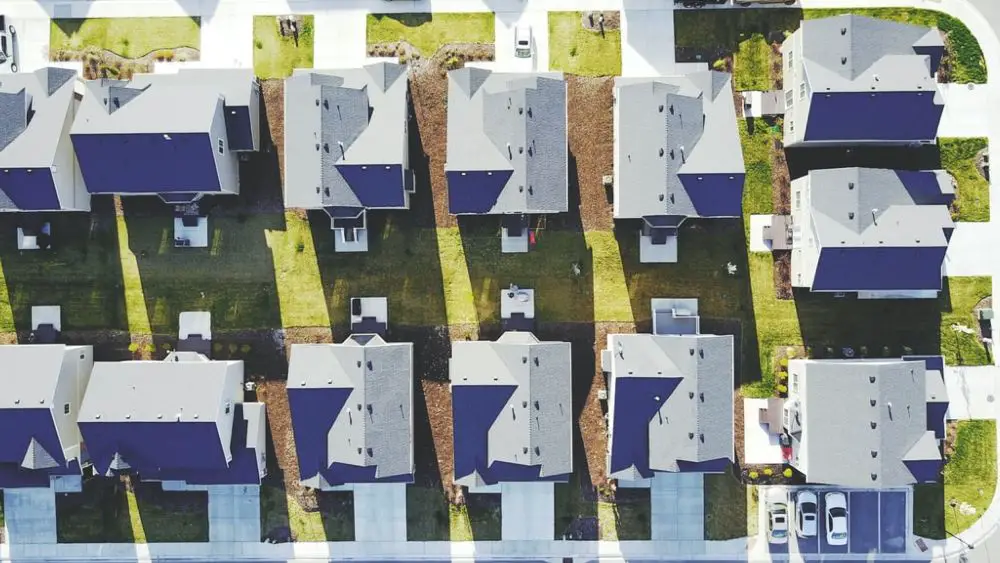
This is where you purchase a block of land and you go about building a house on that land. This is very popular at the moment because a lot of the state governments are actually offering grants or concessions to people who are building new properties.
There is a motivation for first home buyers to go out there and to build a property rather purchase an existing one because you can potentially get a grant meaning you don’t need to save as big of a deposit
However you do need to be careful as there are a lot of problems with house and land packages. I have an article which I’ll link in the description below that goes through and packages and the issues and problems that they may have.
Basically you do need to be aware that there are a lot of properties out there that are and packages that are over priced for an area so always research the area first and you also need to be careful that if there is a lot of land being release in that area, well then supplying demand could be affected because there’s always new properties coming up why would anyone buy your existing property. So that can make it harder to resale can make it harder for it to go up in value, so just be careful there.
15. Land
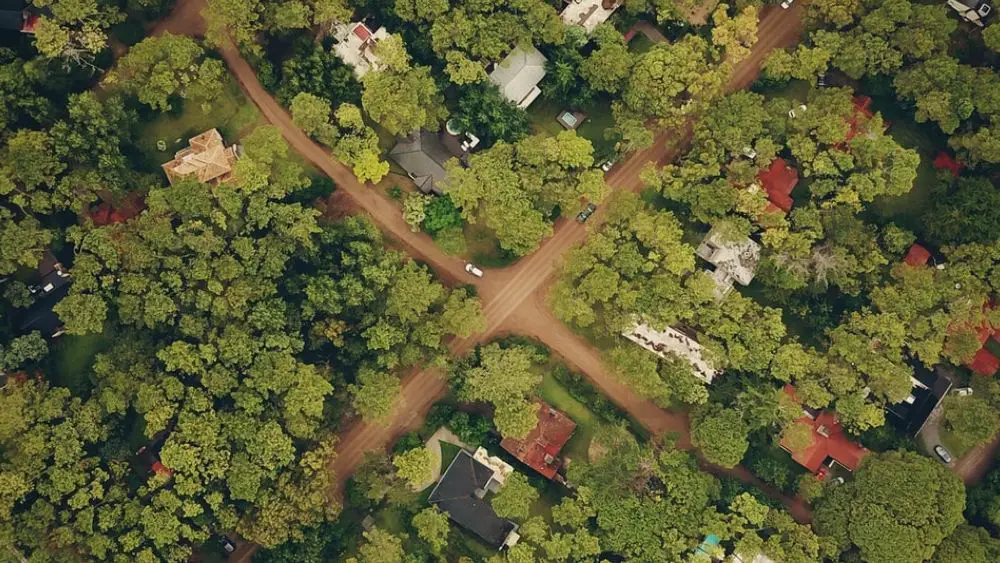
Strategy number 15 is Land: just purchasing land by its self and, you know, land is a limited resource here in Australia. They’re not making any more land only in countries like to buy where they make their own islands is their more lands coming about. So a lot of people would purchase blocks of land and hold them and then maybe sell them down the track as they go up in value or maybe sub-divide them and sell them later down the track. You see the guys with massive portfolios things like stockland they are in so much lands all over the country, they hold on to that land and then when it comes time to, they sub-dive that land and they sell it off in hassle know packages and things like that.
16. Re-Zoning
Strategy number 16 is Rezoning: this is where you purchase a property in a certain zoning area and you change the zoning to increase the value. This might be an example of purchasing property that is zone for Rural an turning it into commercial or turning it into standard residential properties and so you can then you can build more properties on that one area or you can build more valuable properties than was previously possible. Again I don’t know a lot about this so I would speak to an advisor or potentially get a mentor for rezoning it’s not something I know how to do but I do know that there are people out there successfully making money by rezoning land that they’re purchasing.
17. Off The Plan
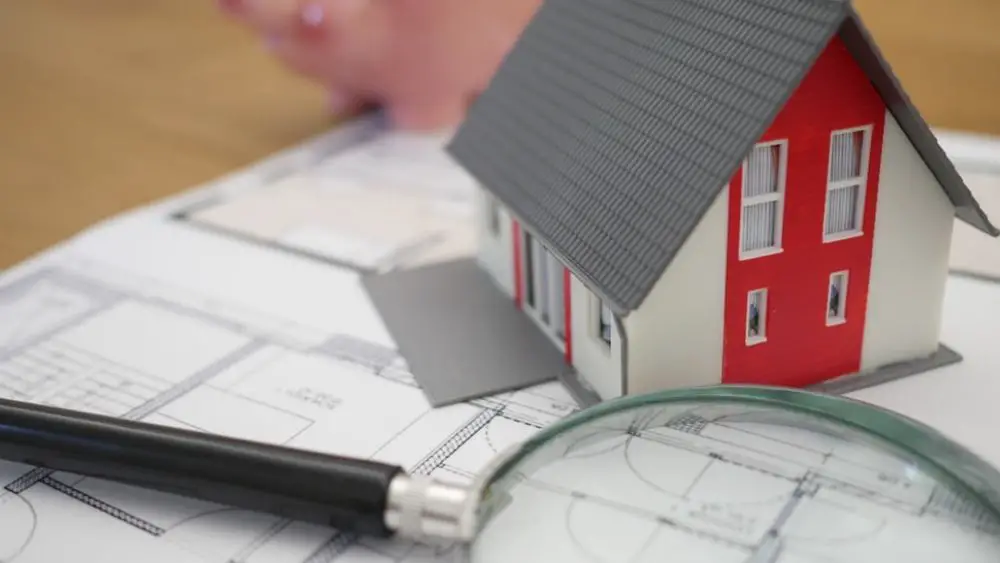
Strategy number 17 is off the plan purchases: so this is maybe a block of units or something like that you purchase it off the plan so you know what it’s going to be you know how it’s going to be built you have the plans there but it’s going to be a year or maybe two years until that property is complete and you actually purchase it. Now when you’re purchasing off the plan what would generally happen is you would pay your deposit upfront and then when it comes time to actually acquire that property when it’s completed you would then obtain the rest of the financing and purchase that property. Off the plan can be effective if you buy the right property in the right area that’s going up in value.
However you do need to be careful because often developers will put growth projections into their property so they know the property won’t be released for two years (they would predict, you know, what would the property be worth in two years time?) and so if the market doesn’t go up there are occasions where you have put down a deposit for an off the plan property and its actually not worth what you paid for it and so that can make it hard to get financing which means you could lose your deposit or just means that when you purchase the property you’ve got negative equity, you can’t then sell the property because you’ll have to take a lost and it can be a poor investment. So just be careful with off the plan but buying right off the plan properly you can be an awesome investment and I’ve seen a lot of people make money with that.
18. Owner Finance
Strategy number 18 is owner finance: This is where you purchase a property and then you then go and re-sell it, but rather than go and obtain from the person that is buying the property from you, you actually extend a loan to them. So you act like a bank in giving that person a loan and then they pay you back overtime. So owner financing generally can be profitable for two reasons. First your appealing to people who can get a standard bank loan so you can charge more for your property than what its currently worth on the market.
Secondly you can charge a high interest rate than what the banks are charging again because you’re marketing and selling to people who can’t access a standard loan. So this means that you can sell your property for a higher price, you can get a higher interest rate and make a profit out of that and passive income overtime.
19. Distressed Sales
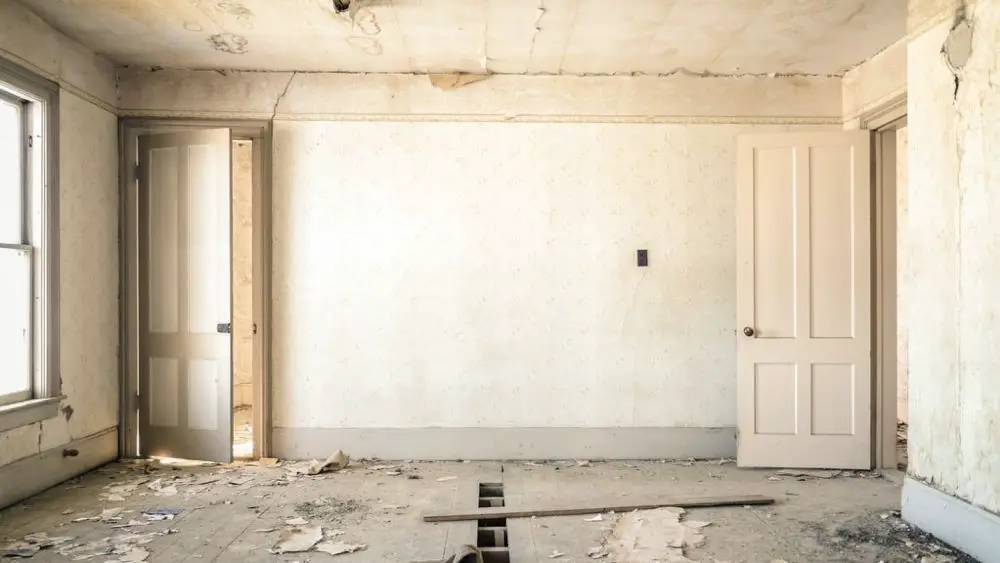
Strategy number 19 a distress sales: So this is where you make money not when you sell the property but you make money when you buy the property. When a property is distress or the seller is distress more often than not, you can get a property for under market value in order to give them the terms that they need and therefore you have instant equity in that property. A lot of investors like Nathan Birch from binvested.com.au talks about using this strategy buying distress properties that are under market value so then you have instant equity that you can access and then go and repeat the process.
20. Flipping
Strategy number 20 is flipping property: So this is similar to people who would purchase renovating flip rather than renovate you simple purchase a property and then sell it for a higher price. This sound crazy like it can’t be done but actually through good marketing this can be done. You could purchase maybe a distress property and go ahead and flip it or you could purchase a property that as just being on the market for too long or just hasn’t being shown in the right light you can purchase that property market it in a different way and then get a higher price for that property.
This you do need to be very smart to do this because you’ve got agent fees when you sell the property, and you get stamp duty when you buy the property so you will need to sell that property for a decent margin in order to actually make any profit.
And lastly you made it all the way through to the end.
21. Tax Savings
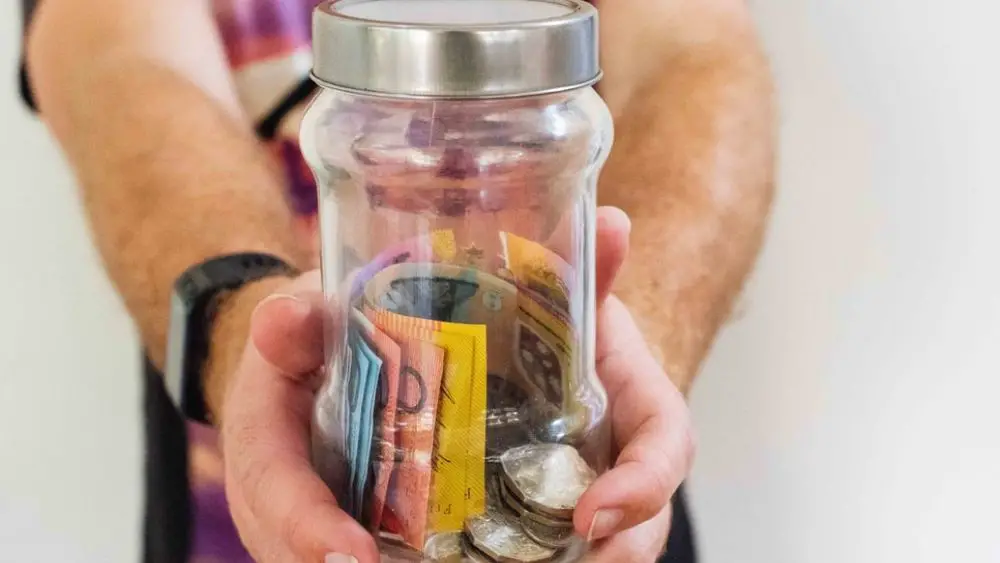
This sounds crazy for those of us who don’t pay a lot of tax but there are people out there who invest in property purely for the tax saving purposes.
In a lot of cases this is going to be new build properties that have a lot of depreciation associated with them. This is because depreciation counts as a on paper loss which you can (in many cases) offset against the income that you’re earning.
Now if you’re in a higher tax bracket earning over that $180,000/year you’re paying almost half of your income in tax. By taking a loss on your property (that’s an on paper loss through depreciation) and getting that back well you could make a profit out of that even if the property never goes up in value and even if the property is negatively geared.
So the property doesn’t actually make a passive income but your making money through tax savings. Money that would have disappeared otherwise. As long as the tax savings are greater than the losses on the property you can in theory end up ahead financially.
I’m not going to go into this strategy in details (I can’t advise on that I’m not a taxation advisor). If you want to do anything with tax always go and see your professional tax accountant because you don’t want to be breaking the law you want to be doing the right things. It’s too easy to make money legally so there is no point trying to make money illegally.
So there you have 21 different investment strategies that people use when purchasing property in Australia.
Hopefully you can find the one strategy that you think is most suited to you. If you find a strategy that you like then go out there and continue to learn more about that strategy and become a master in that strategy.
Go and invest and I wish you the best.
Watch The Video:
DISCLAIMER No Legal, Financial & Taxation Advice
The Listener, Reader or Viewer acknowledges and agrees that:
- Any information provided by us is provided as general information and for general information purposes only;
- We have not taken the Listener, Reader or Viewers personal and financial circumstances into account when providing information;
- We must not and have not provided legal, financial or taxation advice to the Listener, Reader or Viewer;
- The information provided must be verified by the Listener, Reader or Viewer prior to the Listener, Reader or Viewer acting or relying on the information by an independent professional advisor including a legal, financial, taxation advisor and the Listener, Reader or Viewers accountant;
- The information may not be suitable or applicable to the Listener, Reader or Viewer's individual circumstances;
- We do not hold an Australian Financial Services Licence as defined by section 9 of the Corporations Act 2001 (Cth) and we are not authorised to provide financial services to the Listener, Reader or Viewer, and we have not provided financial services to the Listener, Reader or Viewer.
"This property investment strategy is so simple it actually works"
Want to achieve baseline financial freedom and security through investing in property? Want a low risk, straightforward way to do it? Join more than 20,000 investors who have transformed the way they invest in property."
